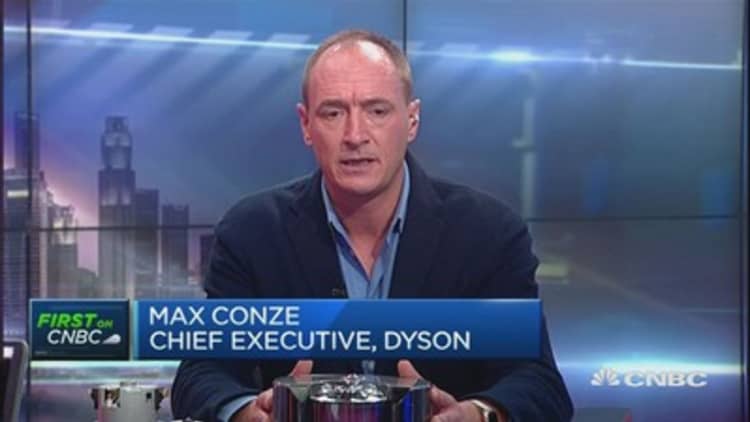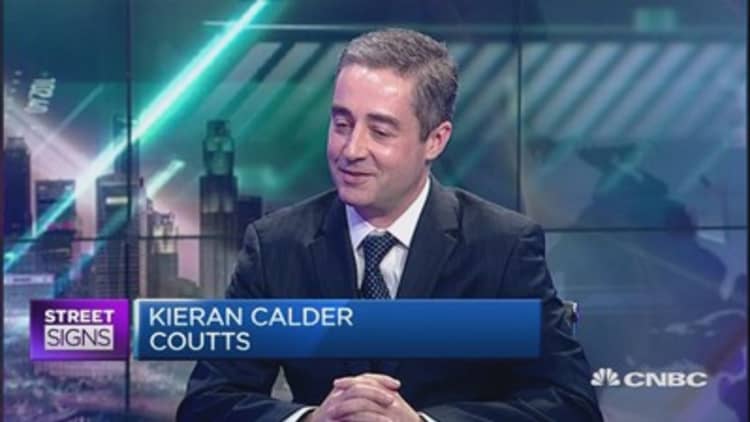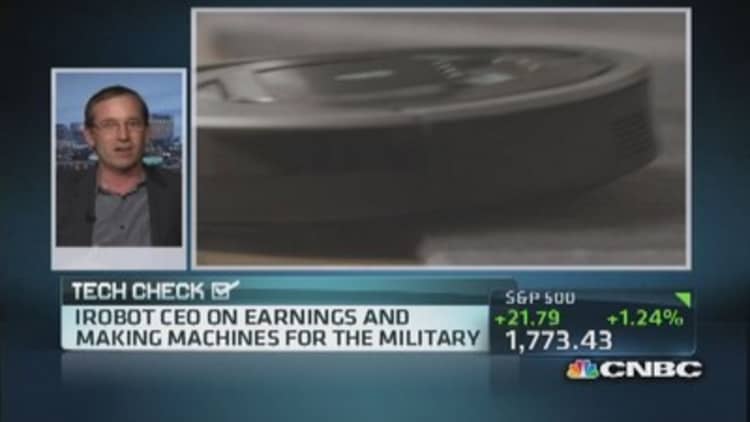It seems Volkswagen might not be the only German brand accused of cheating on its tests.
U.K. vacuum brand, Dyson has begun legal action against German rivals Bosch and Siemens, claiming they have misled customers on the testing of their products.
Dyson, famous for its bagless cleaners, claims Siemens and Bosch vacuums are using control electronics to boost their motor wattage, making them appear more competent during European Union (EU) efficiency tests.
The U.K. firm claims the products in question are using a sensor that sends signals to its motor to increase its power while the machine sucks up dust remnants. However, as tests are conducted in dust-free empty labs, Dyson claims this gives an unfair reading as in a home environment, the machines use much more power.
Dyson says both brands have "capitalized on loopholes" found within the EU regulations, to be granted an AAAA energy consumption rating, when domestic use shows they perform similar to that of an "E" or "F" rating.
"Consumers purchasing these machines on the basis of their widely advertised stated AAAA rating are being misled," the British company stated.




Commenting on the legal action against the rival brands, British inventor and Dyson's founder, Sir James Dyson, said their behavior is akin to "the Volkswagen scandal."
"Bosch has installed control electronics into some of its machines to wrongfully increase energy consumption when in use – to cheat the EU energy label," said Dyson in a statement.
"Their behavior is akin to that seen in the Volkswagen scandal. It seems that industry is rife with manufacturers engineering to find their way around tests, rather than engineering better, more efficient technology. This behavior is seriously misleading customers."
Dyson has issued proceedings against Bosch in Netherlands and France, and against Siemens in Germany and Belgium. On top of this, Dyson is challenging the European Commission's regulations on two counts: "lab rather than living room" and "hidden costs."
In a statement, the U.K. company said the current European energy label was "flawed", suggesting the regulatory board should test in both labs and homes to see the environmental differences.
On top of this manufacturers whose hoovers still require bags or filters should reveal the hidden costs of buying the "expensive, environmentally damaging, consumables."
Bosch and Siemens remain firm in rejecting the claims made by Dyson.
"BSH Hausgeräte GmbH (BSH Group) vehemently rejects the assertions made that consumers had been misled," BSH Group—the home appliance joint-venture between Bosch and Siemens—said in a statement.
"All BSH vacuum cleaners are tested in accordance with the requirements of the EU Ecodesign Regulation for vacuum cleaners. Precise and standardized measurements have been defined by the EU for measuring the values on the Energy Label."
"BSH strenuously rejects the allegations of manipulation and reserves the right to take legal action if necessary," the statement concluded.
This news comes only weeks after Dyson wrote an article for The Daily Telegraph on the Volkswagen scandal and German brands, saying that regulations often offer "little more than a smokescreen for manufacturers to hide behind."
"Germany is a wonderful market for Dyson where, despite the dominance of bagged vacuum cleaner manufacturers, it is the market leader. But German firms do tend to dominate industries – cars and domestic appliances being two examples," Dyson wrote in The Daily Telegraph.
"As a result they have more votes when it comes to EU rules, and they tend to act in concert, outnumbering the few of us who are not German. Such an approach does not come naturally to the British, who correctly think that these are murky tactics."
—By CNBC's Alexandra Gibbs, follow her on Twitter @AlexGibbsy.






